My name is Lesley Williams, and I am guest editing the Global Literature in Libraries Initiative blog for November. What a tremendous honor! As a librarian, I enjoy combining my love of beautiful writing with advancing social justice. So what better theme to choose that the literature of exile?
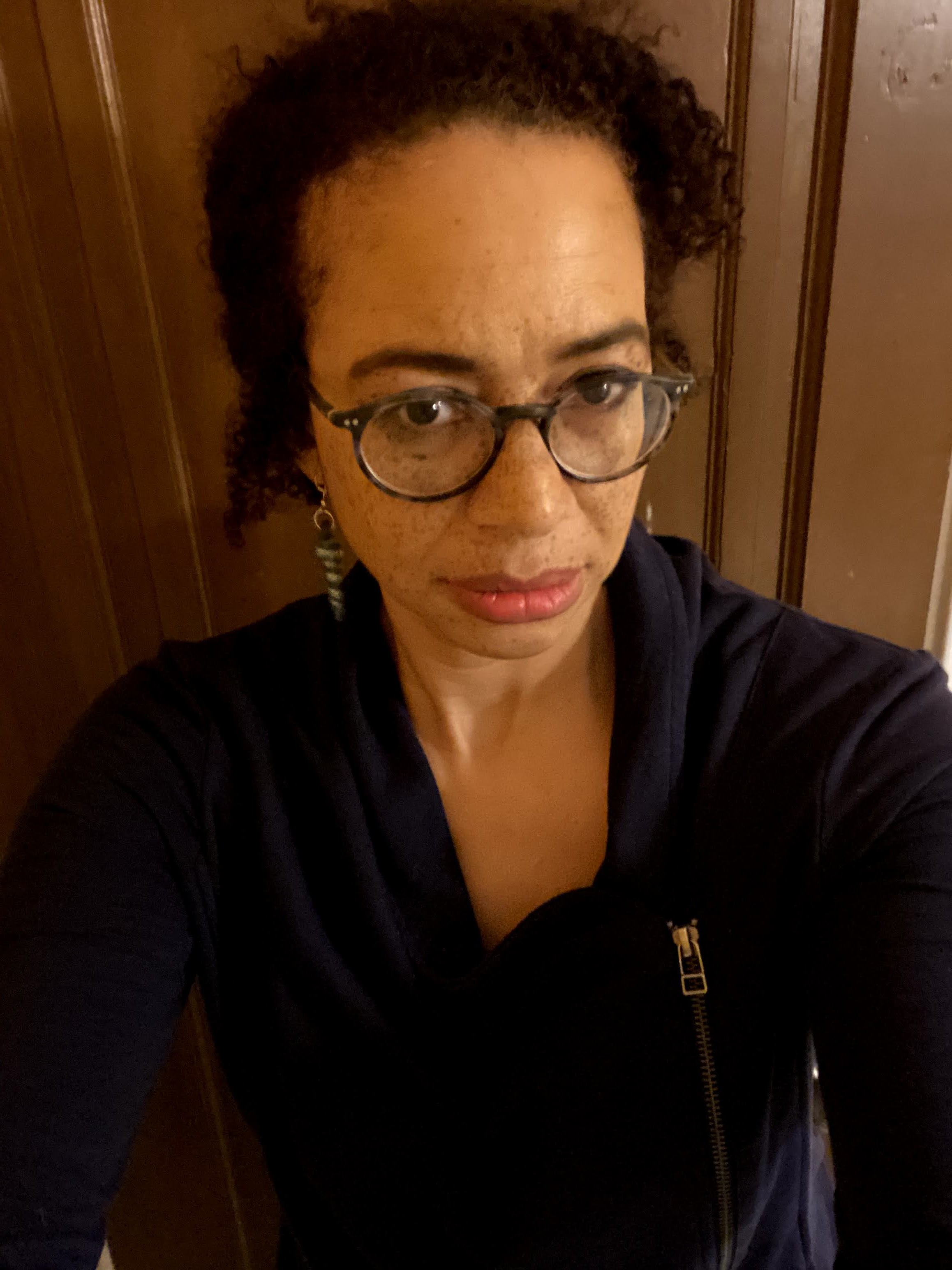
Ovid, Dante, Victor Hugo, Wole Soynika, Isabelle Allende, Vladimir Nabokov, Betolt Brecht, Julia Alvarez…many of our most iconic authors were political, religious or social exiles at some point in their lives. The literature of exile encompasses bitter, impassioned indictments of unjust, inhumane regimes, but also includes wrenching melancholy for lost homes, lost families, and a lost sense of belonging. The pervasive feeling of rootlessness, of never being quite at home echoes across centuries of exile writing.
Wartime is often the catalyst for exile, yet it can be equally dangerous to be on the wrong side of changing political movements, the wrong religion, or simply the wrong ethnicity. Gender, gender expression and sexual orientation can also occasion exile, which may last a few months, a few years, or a lifetime.
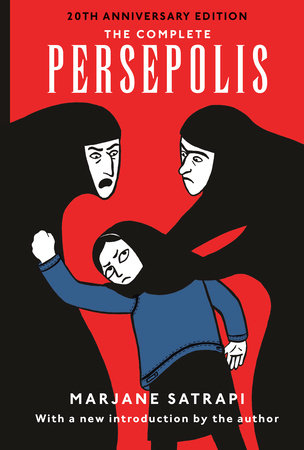
How to begin to capture the breadth of exile literature in one short month? First, a few definitions: although there are many writers who have described themselves as “self-imposed” exiles, a key element of exile literature is the lack of choice, the inability to return home. Thus I will be focusing on those forced to flee their place of origin due to political, religious, ethnic or gender persecution. And I will focus on writings from the exiles themselves, not outsiders seeking to raise “awareness” of their cause. Exiles are quite capable of telling their own stories without having others speak for them. In a few cases, I’ve included oral histories or stories dictated to translators, but only where the words are those of the people affected.

This is a literary blog, not a political science one. For that reason you won’t find much in the way of polemics or political analysis; instead I am prioritizing fiction, and beautifully written memoirs. As might be expected, the emotional nature of the exile experience is often expressed in lyricism, so I will be doing two blog posts specifically on exile poetry from a variety of countries: China, Vietnam, Serbia and Croatia, Turkey, Kenya, and Iraq to name a few. And I will cover an exciting new cross-genre trend, popularized by Art Spiegelman’s seminal Maus: graphic novels of exile, including the work of Marjane Satrapi, Leila Abdelrazaq , and Brigitte Findakly .

While some of these authors and stories will be familiar, others I hope will bring you new perspectives. To that end, most of my posts will be about writers from the 21st century, although their stories may address events which occurred earlier. Here are a few themes to look forward to…
The plight of the Rohinyga of Myanmar has gripped the world ever since major ethnic cleansings in 2016 and 2017 drove over 800,000 Rohingya into exile in Bangladesh, Malaysia and eventually around the world. Tomorrow I’ll be introducing one of the first books authored by a Rohingyan refugee, the haunting memoir First They Erased Our Name, by Habiburahman.

The story of Tibet is well known, and dozens of books recount the plight of its ruler in exile, the Dalai Lama,. Yet, there is a robust canon of Tibetan novelists and memoirists whose work is less familiar. To that end, I’ll be introducing such extraordinary contemporary novelists as Tsering Döndrup, author of sardonic black comedy about Tibetan life in contemporary China; and Thubten Samphel who writes historical fiction about young Tibetan revolutionaries in India just after the Chinese takeover of Tibet in 1959.
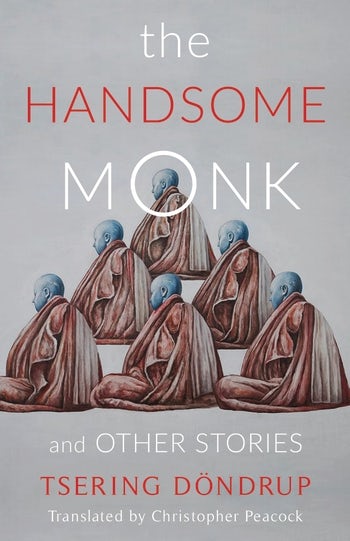
Palestinians are one of the largest and longest standing refugee populations in the world,; over 7 million people living in Jordan, Syria, Lebanon who are descendants of those displaced in 1948. While acclaimed writers as Edward Said and Ghassan Kanafani were long the voice of the Palestinian exile, there are numerous younger voices, many of them female, that have taken up the story. We will hear from Sahar Khalifeh, whose novels illuminate the straggle of young Palestinian women living between two wilds while attempting to negotiate contemporary Palestinian identity; and Liana Badr whose intense,poetic short novellas depict the anguish of lives rooted in exile and continued resistance.
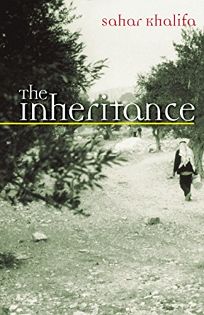
We have so much to explore together! I look forward to spending this month with all of you.
Lesley Williams is a 25+ year librarian and a reviewer for Booklist magazine where she specializes in African American, Muslim, and LGBTQ authored literature. As a public librarian she created public programs emphasizing the literature of colonized peoples, leading year long discussion programs on Latin American history, Muslim cultures, and the plays of August Wilson. She currently tutors English reading and writing to first generation students at City Colleges of Chicago.
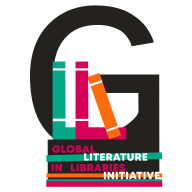
Great theme. I’m looking forward to discovering many new writers and understanding better the stories of exile. Caroline
LikeLiked by 1 person
Wow! Nice blog
LikeLiked by 1 person
Hi Leslie
Excellent work.
You may like this.
https://howlinginfinite.com/2021/06/02/ghayath-al-madhoun-the-agony-of-the-exile/
Paul
LikeLike